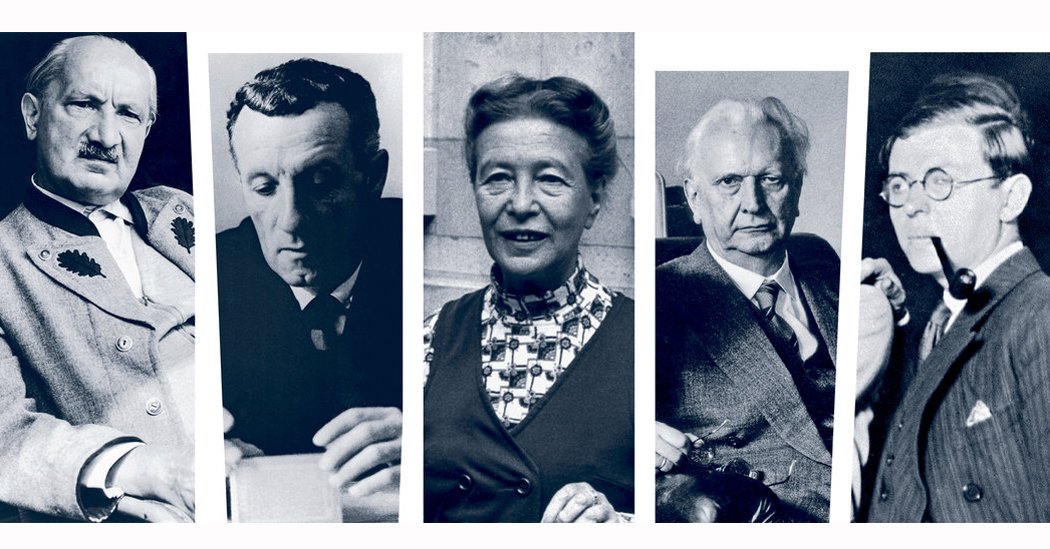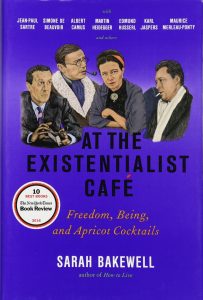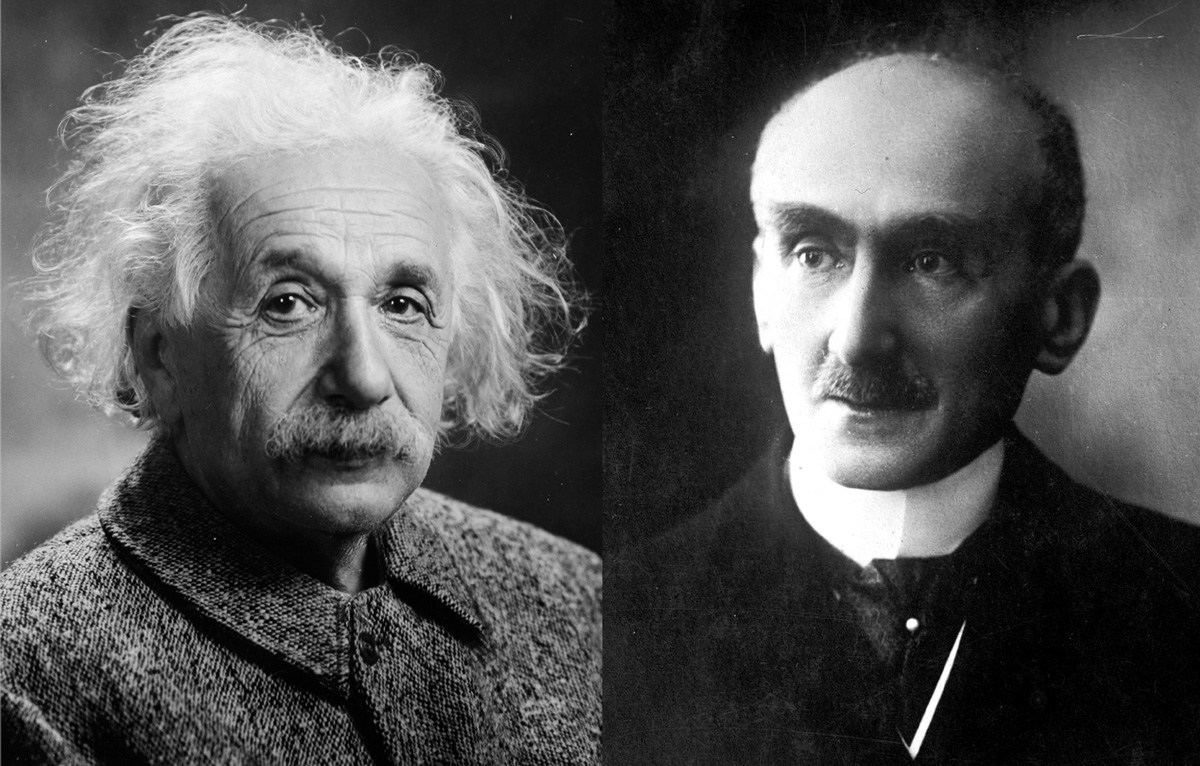
Review – At the Existentialist Cafe

At the Existential Cafe is about (as the title readily suggests) the movers and shakers in the modern line of existentialism. As Bakewell notes, this line can be traced in different ways:
“…to anguished novelists of the nineteenth century, and beyond that to Blaise Pascal…and beyond that to the soul-searching of St. Augustine, and beyond that to the Old Testament’s weary Ecclesiastes and to Job…But one can go the other way around, and narrow the birth of modern existentialism down to a moment near the turn of 1932-3, when three young philosophers were sitting in the Bec-de-Gaz bar on the rue du Montparnasse in Paris, catching up on gossip and drinking the house speciality, apricot cocktails” (1).
Bakewell is a wonderful writer. She is clear and concise, but she does not over simply: her chapter devoted to Heidegger (Ch. 3, “The Magician from Messkirch”) is a good example of this, taking complicated philosophical material and translating it with adeptness. She makes the main figures of the movement (or “mood,” as she notes in her opening sentence) present and draws us into this large story. In the last chapter of the book, Bakewell ruminates on her own history with these thinkers, of her processing them after revisiting them: “Looking back at them has been a disorienting and stimulating experience, like seeing familiar faces in a fairground mirror” (p. 319). This is very apropos of the subjects in the book–viz., that after having looked at their ideas she turns again to existence, to her own lived experience of these ideas.
There is one minor criticism (if one could really call it that) I have with her presentation: I would have liked Bakewell to give us even more philosophy. However, this is most likely counter to her purposes and would change the book significantly. But she writes with such lucency on the philosophical matters of the thinkers that I wanted to keep reading her translation of, and insights into, their ideas. Another minor niggle may be that the book focuses primarily on Sartre and de Beauvoir—which certainly makes sense given their place in the history—to the exclusion of others at times. I could imagine some critics finding fault with the approach of doing multiple biographies together. This presents one with the possible problem of short-shrifting one or more of the subjects. And, I must confess, I wanted Bakewell to talk more about Camus and Merleau-Ponty (given there is no definitive biography of Merleau-Ponty–coupled with my deep interest in this thinker and his short life–it’s natural I would want more here). Although, it should be noted that she does dedicate a chapter to Merleau-Ponty (Chapter 10, “The Dancing Philosopher”) in addition to weaving his story and ideas throughout the book. But, as mentioned above, this ‘criticism’ is just a thinly veiled compliment to Bakewell and her skills.
I highly recommend this book. It can be taken in short doses, over a long period of time. But you may just want to devour the entire thing as quickly as you can.
[For reference to another review: one might want to read Edward Mendelson’s NYT’s review of the book. It can be found here.]
